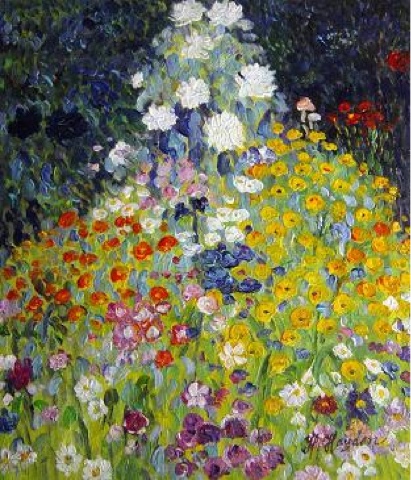In premise, a strong idea; 4 unemployed lads from east London, working their way through social exclusion in their own way, bond over the story of an expedition to the South Pole that begins as an escape, but slowly merges with their own reality. The job market, prospects, become metaphorically the endless antarctic ice, and the goal of reaching the South Pole something never fully attainable. Very timely in its subject matter, the production unfortunately does not hold up. The script - disjointed and episodic - felt as though it was being moulded into a linear, psychological storyline, rather than allowing the juxtaposition of scenes that may or may not make sense. Having not read the original German version, it is tough for me to say just what role translation and direction jointly held in this.
The performances were adequate at best, with mere moments of interest perking up for me. I strongly dislike actors who appear to be over-directed, with choreographed physicality that does not come across as natural to their being. This may seem like a contradiction given my penchant for physical theatre and dance, however pieces which manage this balance of choreography that seems to be pouring out of the actor rather than painted on it are truly remarkable, and what we strive for. This piece did not have this quality.
Again, I stress, there were moments. Unfortunately they were few and far between, the gaps being overwhelmed by actors shouting in roaming accents.
I do, really, see a seed of something interesting here - it simply didn't get to blossom.
The performances were adequate at best, with mere moments of interest perking up for me. I strongly dislike actors who appear to be over-directed, with choreographed physicality that does not come across as natural to their being. This may seem like a contradiction given my penchant for physical theatre and dance, however pieces which manage this balance of choreography that seems to be pouring out of the actor rather than painted on it are truly remarkable, and what we strive for. This piece did not have this quality.
Again, I stress, there were moments. Unfortunately they were few and far between, the gaps being overwhelmed by actors shouting in roaming accents.
I do, really, see a seed of something interesting here - it simply didn't get to blossom.

